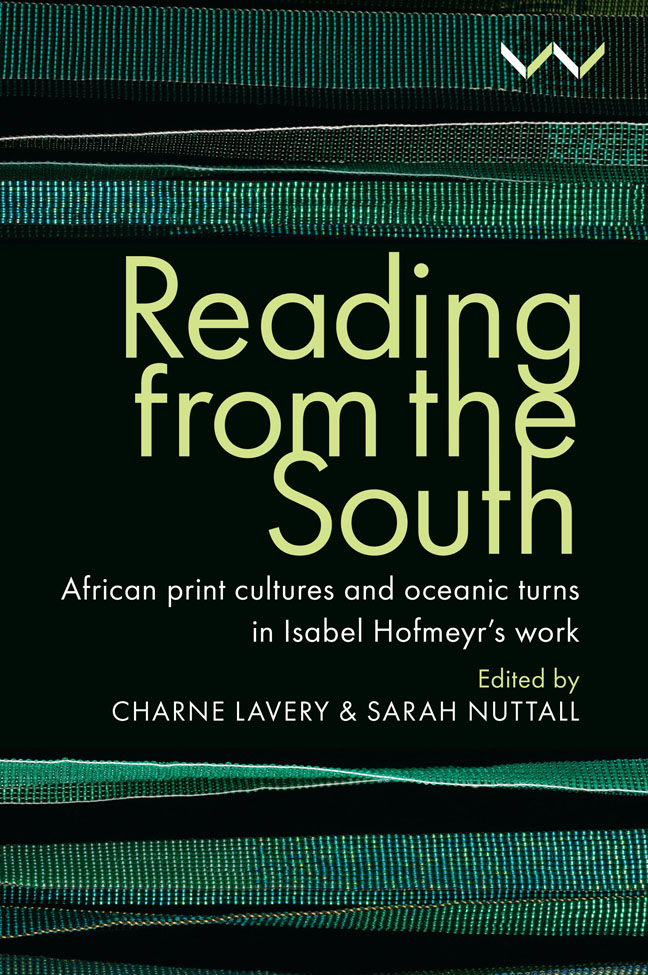Chapter 1 - Transformations
Published online by Cambridge University Press: 01 March 2024
Summary
All original thought has foundations and a traceable genealogy. Isabel Hofmeyr has produced, in every decade since the 1990s, a major book that has transformed our thinking across disciplines. I have chosen to name my reflection on her work ‘Transformations’ precisely because of her always transformative relationship to various moments and turns in literary and cultural studies, particularly in South Africa. My argument here is that why and how her work has taken such mercurial turns is ultimately traceable to her initial engagements with the ‘problem space’ of literary and cultural studies in South Africa.
I would like to tie the question of genealogy closely to South Africa because Hofmeyr's emergence as a scholar happened at a crucial moment in progressive scholarship in the country. It is important to remember that in the 1970s and 1980s she was among a generation of radical South African scholars – inspired by Marxism, feminism, oral history, oral narrative and cultural studies. Affiliated with various political and cultural movements, these scholars were armed with a sense that if South African scholarship was to ring true to the totality of its social and cultural references, then it was duty-bound to abscond from the archaic prison houses of Englishness and liberalism, and embrace the rich and multifarious expressive cultures indigenous to South Africa, especially those of its majority black populace.
Hofmeyr was also uniquely placed to address the problem of literary and cultural studies in South Africa by virtue of her long-standing location in the Department of African Literature at the University of the Witwatersrand (Wits). The only one of its kind, the department was founded by Es'kia Mphahlele in 1983, after his return from exile. Hofmeyr joined the department in 1984 and has spent her entire career there – in itself a unique and singular way to live out an intellectual life in the academy. Aside from Mphahlele with his substantial creative and critical work, a key figure in the department's early history, and certainly in the recuperation of major but neglected black writers of the early to mid-twentieth century, was Tim Couzens. His work on writers such as Sol Plaatje and the Dhlomo brothers (R.R.R. and H.I.E. Dhlomo) added significantly to the intellectual repatriation of black writers to the South African literary canon.
- Type
- Chapter
- Information
- Reading from the SouthAfrican Print Cultures and Oceanic Turns in Isabel Hofmeyr's Work, pp. 35 - 45Publisher: Wits University PressPrint publication year: 2023

